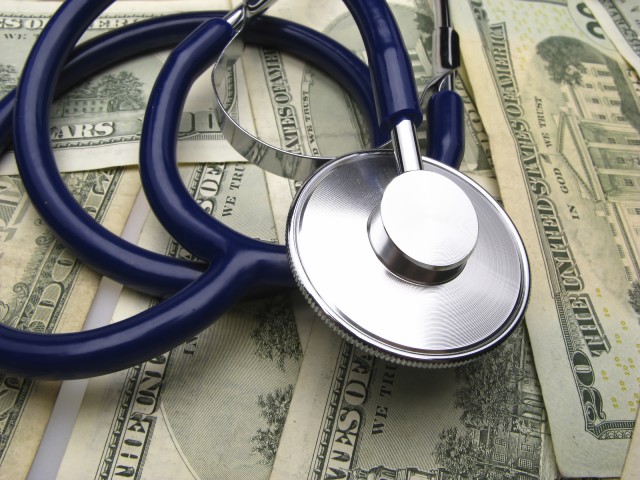Deductibles as deterrents
More Californians now have high-deductible health plans, Health Access executive director Anthony Wright told the legislators. The unintended consequence of this, he said, is people are reducing both unnecessary -- and necessary -- health care, because they can't shoulder a large share of their bill.
High deductibles, as well as high premiums and co-pays, "serve as a deterrent for people accessing health care," he said. (Impatient reported on this phenomenon last week.)
This situation is compounded by the fact that many people who are newly insured with cheaper higher-deductible plans "don't have a lot of experience with the intricacies of the health care system," said Neeraj Sood, director of research for USC's Schaeffer Center for Health Policy & Economics.
They might know that they should ask the price of a procedure, but patients are "intimidated to find out how much something is going to cost," he said.
Sood said he's heard that people can't afford their co-pays and deductibles, and are going into medical debt. And that's a problem both for patients and for doctors, who aren't getting paid.
'The Future is Here'
It was against this backdrop that our partner, Jeanne Pinder, founder and CEO of ClearHealthCosts.com, shared a more optimistic perspective: "The future is here," she told the committee. "People are actually shopping for health care."
She explained that hundreds and hundreds of people have shared their health costs with #PriceCheck. The reason?
"People are really upset about the lack of cost transparency in the health care system," she said. "They want to talk about it and they want a way to make a difference."
For the most part, she said, it's women who are doing the bulk of this health care shopping. They're the ones making most health-related decisions -- regarding reproductive health, kids' health, elder care -- and they're the ones who are on board with searching for affordable health care, added Pinder.
Relaunching PriceCheck
If you're upset about health costs, we have more good news for you: Starting next month, we are re-launching #PriceCheck. More details about that coming soon!
In the meantime, if you've paid an arm and a leg for a recent procedure, tell us about it in the comments section below.
